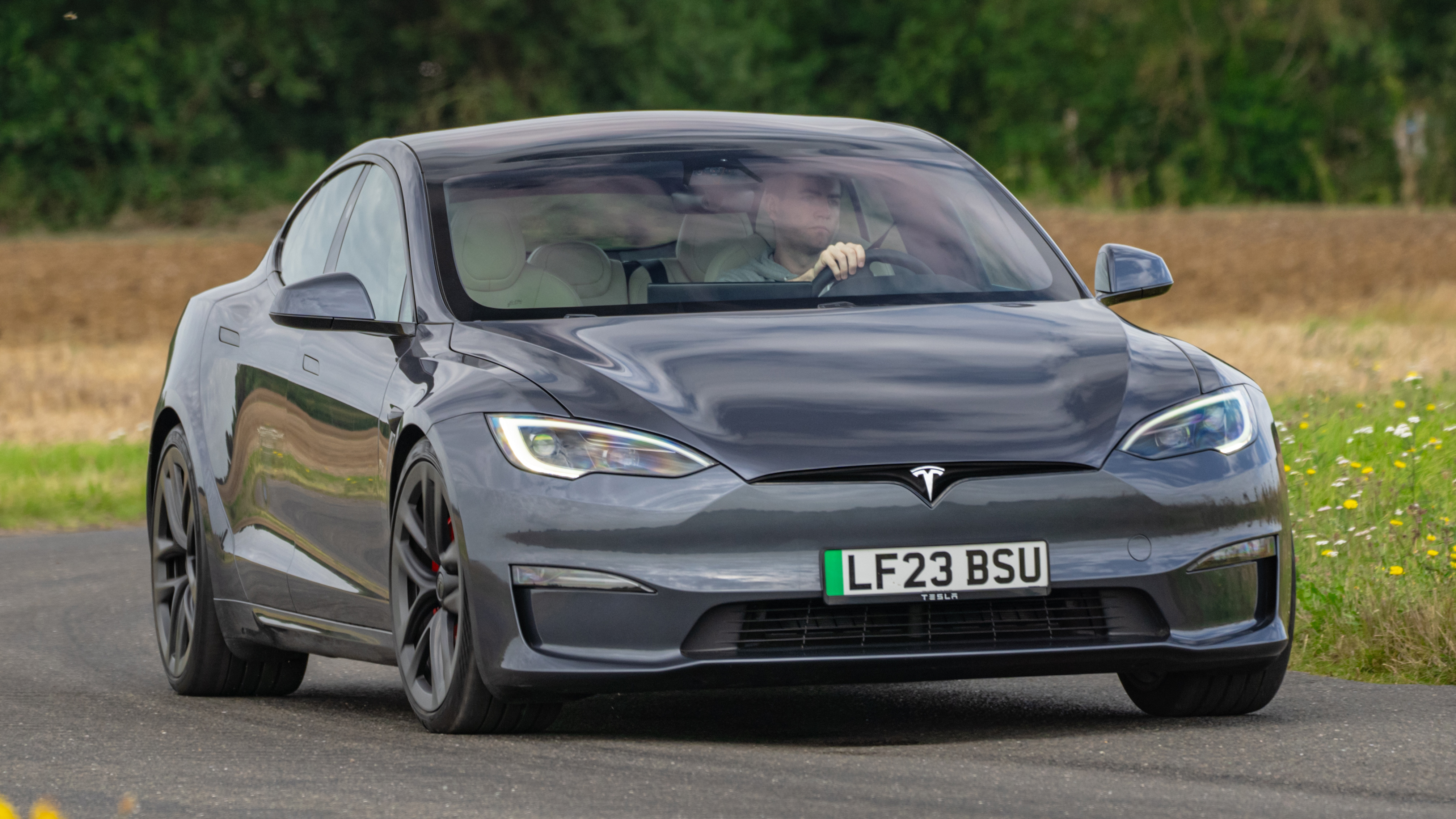Finding the Right Alternative Energy For You
Almost every year, we hear more evidence regarding Global Warming. For some people, they can see it themselves, as they see their winters getting shorter, and their summers hotter. One key to combating this problem is by making use of energy sources that do not release greenhouse gases into the environment. The question you have to answer for yourself is: which alternative energy source is best for you?
The most common alternative energy sources out on the market right now are: solar, wind, geothermal, tides, hydroelectric, and bio-diesel and ethanol. Some people would include the electric car, but there is the issue of where you get the electricity to power it? That all goes back to these same energy sources. Now, some of these, you can’t really implement on your own. Building a geothermal system or hydroelectric plant is more for an entire community to do.
Now, if you live in a coastal region, some form of tidal power might be available. However, the two most common systems that are both inexpensive and available for the individual consumer are solar and wind power. If you want to pay for one of these systems, get at least several cost estimates before hiring a contractor; some are very expensive. Also, check out what sort of tax credits and support programs are available to help defray the cost. In some areas, the power company is required to buy any excess electricity you generate. So, while you might be able to get enough power for just your home use from a small system, a larger one, which will generate enough for you to sell the excess, might be more cost efficient, in the long run.
Next, you have to consider how much sunlight you get in your area, during the average year. Typically, you can find that out from the local weather service. If you have limited sunlight for long periods, solar power might not be right for you. Or, you can look into systems that do not require strong sunlight to still generate power. Instead, you can also examine wind power as an alternative. Like solar, it will be dependent on the amount of wind your area gets. Here again, some wind turbines are very sensitive, and even a small breeze or occasional gust is enough to generate power. You can also look into doing a combination system: solar and wind. In some cases, if you don’t mind doing a lot of the work yourself, you can save a huge amount of money in the installation and wiring. This will allow you to recover the cost of your investment much quicker.

